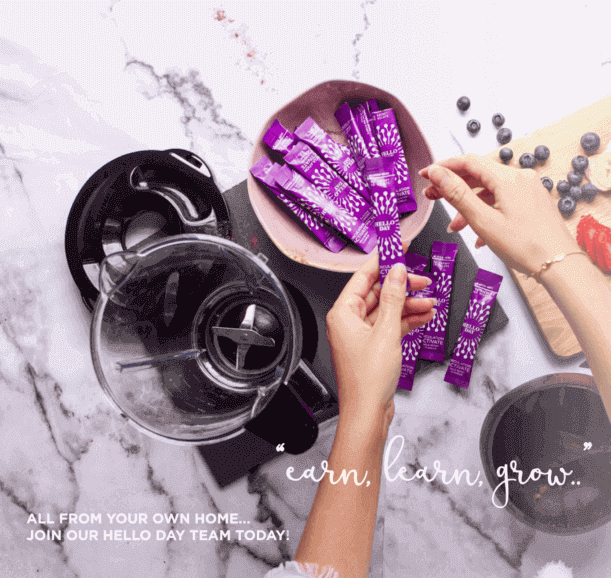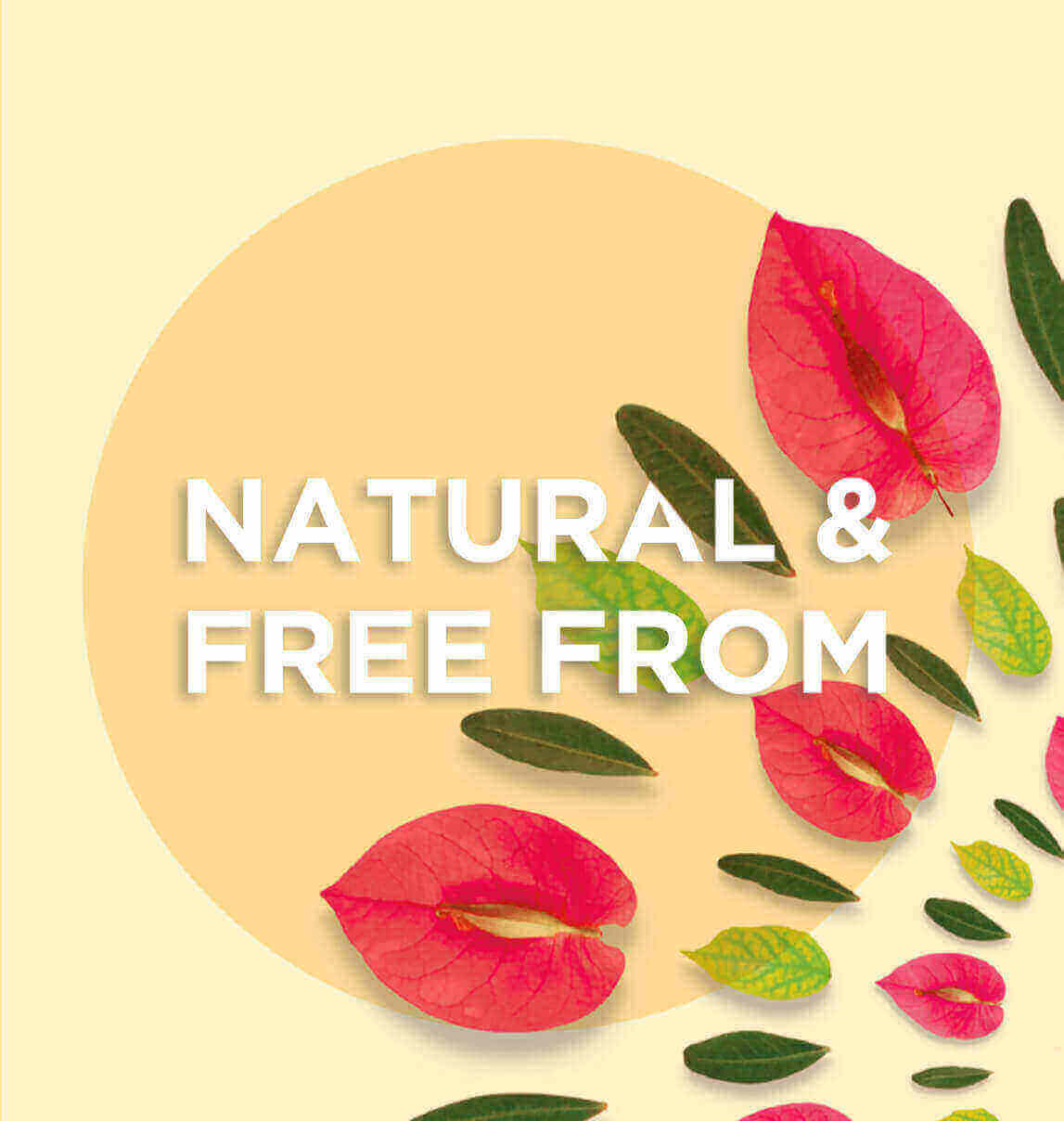The human body is made up of 65% water. Normally, there is a perfect balance between the intake of water from beverages and food, and water output in urine, feces and perspiration.
Yet, in certain cases, a dysfunction causes our body to suddenly retain water.
Areas of the body most often affected by water retention
- Ankles and legs.
- Abdomen, especially after a meal or before monthly menstruation.
- Fingers.
- Face.
Do you suffer from water retention?
If one or more of the following statements apply to you, you most likely suffer from water retention:
- Your weight can vary 2 to 4 lbs. from one day to the next.
- You have difficulties removing rings from your fingers.
- Your socks leave a mark around your ankles.
- You feel the need to remove your shoes and elevate your legs up at the end of a long day.
- You have difficulties putting your socks back on.
- You get up to go to the bathroom several times a night.
What causes water retention?
1. Hormones
Women are more frequently affected by water retention than men. This is simply due to the imbalance between the 2 female hormones, progesterone and estrogen, having significant consequences on water circulation and flow throughout the body.
Causes: Birth control pills, menopausal hormone replacement therapy, or hormonal IUD. However, it may also be due to a natural imbalance such as premenstrual syndrome or perimenopause.
2. Venous insufficiency
Poor venous return leads to an accumulation of liquid in the lower limbs, particularly around the ankles.
3. Lymphatic insufficiency
Lymphatic insufficiency differs from venous insufficiency in that it causes swelling of the entire lower limbs. The result is described by specialists as resembling saddlebags. Lymphatic insufficiency is also exacerbated by a sedentary lifestyle.
4. Accumulation of toxic substances
The body retains water to dilute toxic substances found in tap water, food, pollution and medicine.
Food additives, particularly polyphosphates contained in cold cuts to increase their weight unfortunately have the same effect on our body.
5. Digestive problems
Dietary intolerances, such as allergies to gluten, can cause intestinal permeability: the intestine’s barrier function no longer works properly, allowing the uncontrolled passage of molecules into the bloodstream.
Toxins accumulate in tissue, leading to water retention.
6. Excess salt intake
This phenomenon is well-known. Doctors recommend a reduction in salt intake in the case of high blood pressure or cortisone therapy.
7. Excess sugar intake
Food or beverages with high sugar content cause our body to produce insulin. This not only leads to fat storage, but also sodium retention by kidneys, which in turn triggers water retention.
8. Inadequate water intake
Yes, a lack of water can cause water retention! In fact, the body needs water to dilute toxins and flush them out through urine…
9. Lack of proteins
You may have already seen photos of children suffering from serious protein deficiencies. In spite of their emaciated bodies, they have a protruding stomach and swollen legs.
Proteins are essential for the even distribution of water between the extracellular and intracellular compartments.
If you are considering a vegetarian lifestyle, simply make sure that you will get enough protein in your diet!
10. Medicine that interferes with water metabolism
- Cortisone
- Calcium channel blockers, used to lower blood pressure
How to treat water retention naturally
Mechanical means
- Avoid lengthy sun exposure.
- Regularly take cold showers, spraying cool water from the ankles up to the thighs.
- Wear compression socks and support stockings.
- Elevate your feet when in bed.
- Treat yourself to manual or mechanical (pressotherapy) lymphatic drainage sessions.
- Give yourself a draining massage with plant oils.
- Choose organic products to avoid pesticides and food additives as much as possible.
- Drink at least 8 glasses of water per day to help your kidneys eliminate waste.
- Eat adequate amounts of protein.
- Choose food rich in flavonoids, with a spicy, astringent or bitter flavor: berries, grapes (with skin), citrus fruit (including the white rind), tea, and onions.
Eat high quality food
- Choose organic products to avoid pesticides and food additives as much as possible.
- Drink at least 8 glasses of water per day to help your kidneys eliminate waste.
- Eat adequate amounts of protein.
- Choose food rich in flavonoids, with a spicy, astringent or bitter flavor: berries, grapes (with skin), citrus fruit (including the white rind), tea, and onions.
Regularly exercise to stimulate venous and lymphatic return
As I explained in the article “What types of physical activity stimulate venous return?”, all activities that stimulate the soles of the feet and work the calves are positive. Nonetheless, it is best to avoid activities that have a high impact on the body and joints.
Beneficial plants
Plants with phlebotonic properties: horse chestnut, butcher’s broom, sweet clover, centella asiatica, ginkgo biloba.
Plants with draining properties: quackgrass, green tea, meadowsweet.
And, above all, eliminate toxins!
As we have seen, water retention may be a way for our body to dilute toxins and ensure that they remain harmless. If this is the case, taking diuretics or even plant extracts with draining properties may help release and eliminate these toxins.
It is thereby very important to help your liver eliminate toxic products by using plant extracts and dietary supplements:
- artichoke
- black radish
- broccoli
- sulphur amino acids: cysteine and methionine
(For more information, see article “The liver: our body’s waste treatment plant”)
Sources
- Jean Seignalet – L’Alimentation ou la 3ème médecine
- Linda Lazarides – Easy Water Retention Diet
- Fereydoon Batmanghelidj – Your Body’s Many Cries for Water





